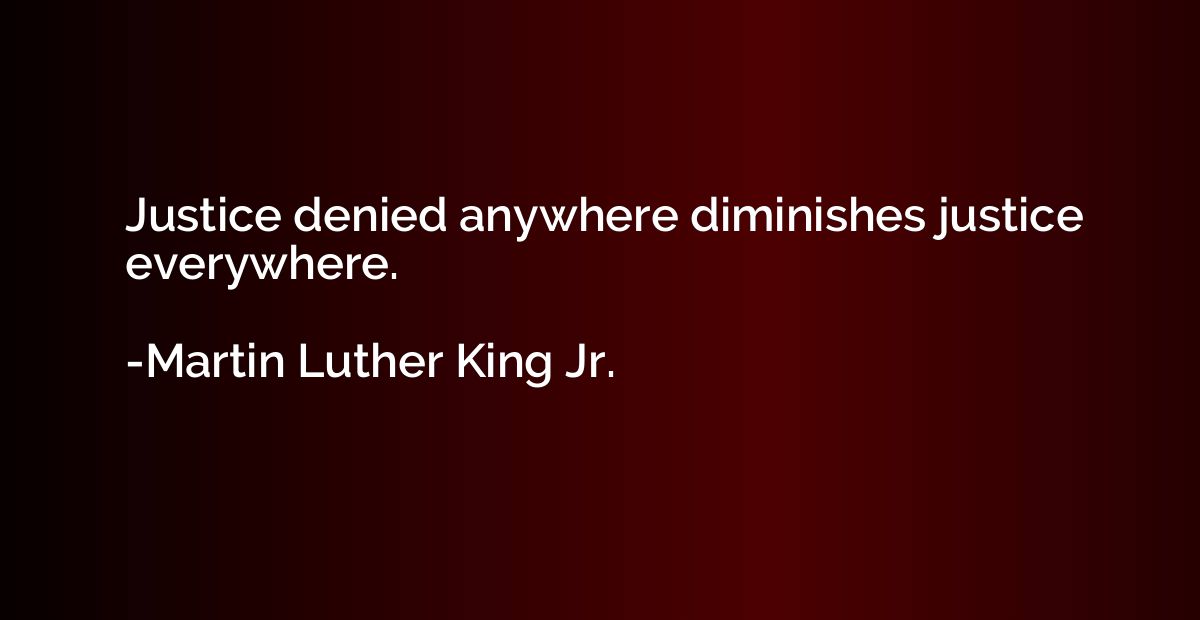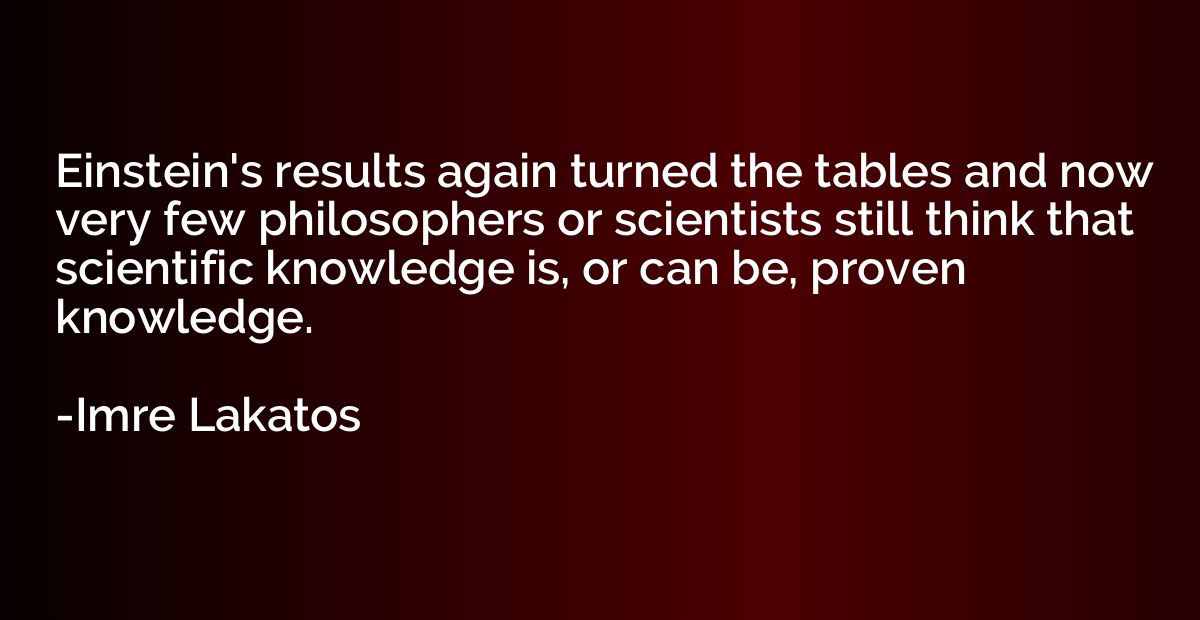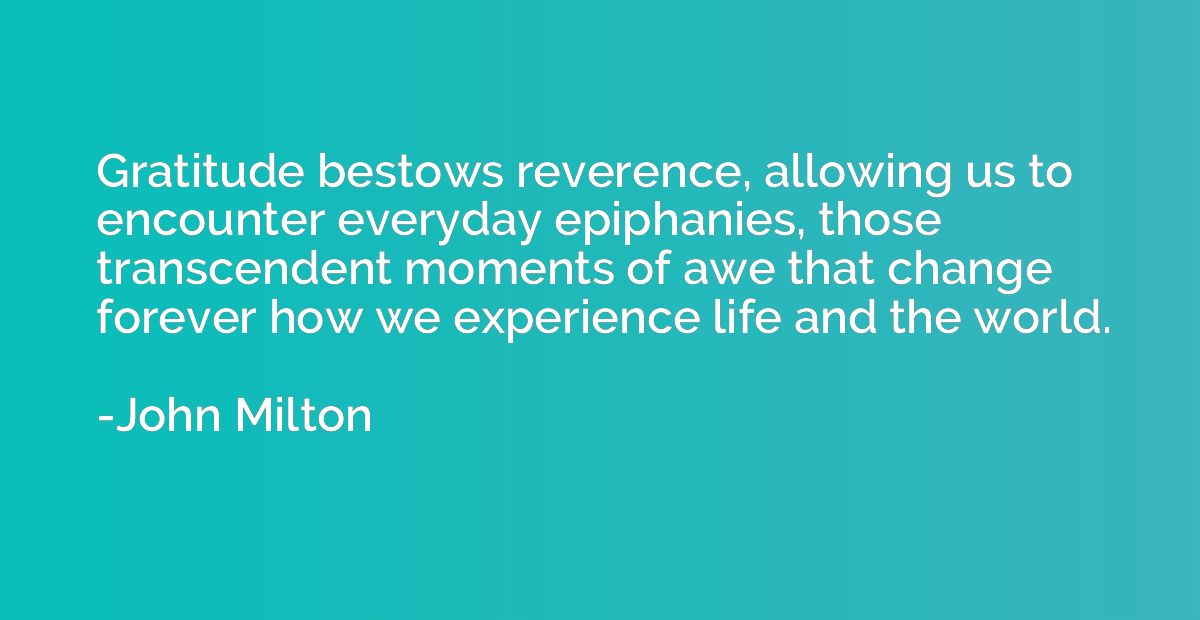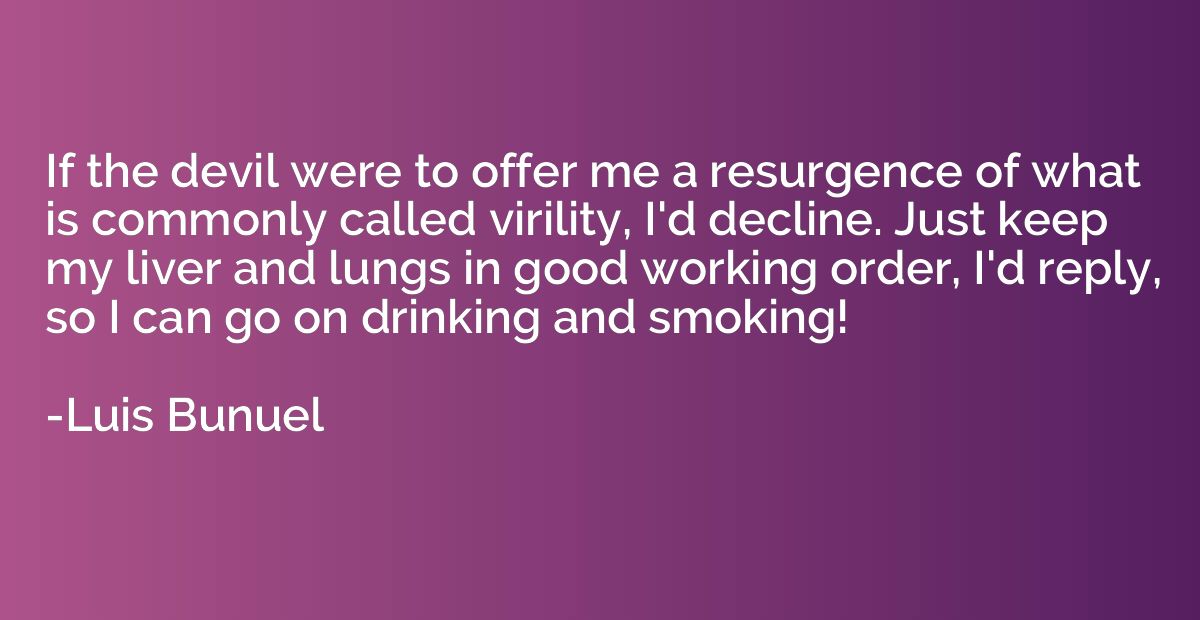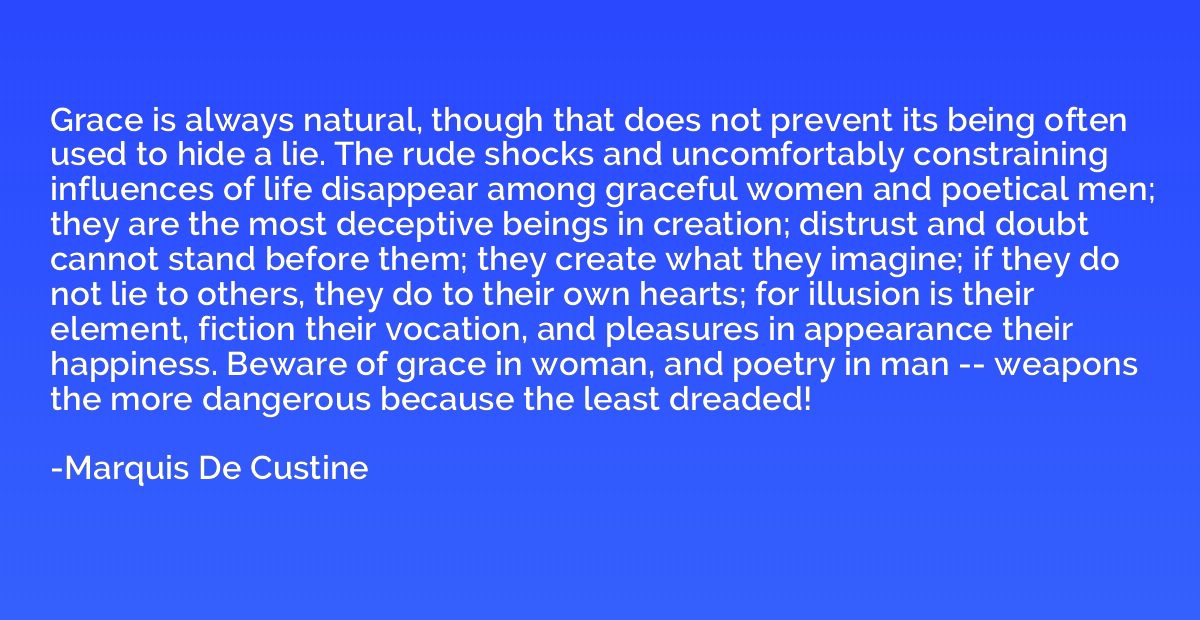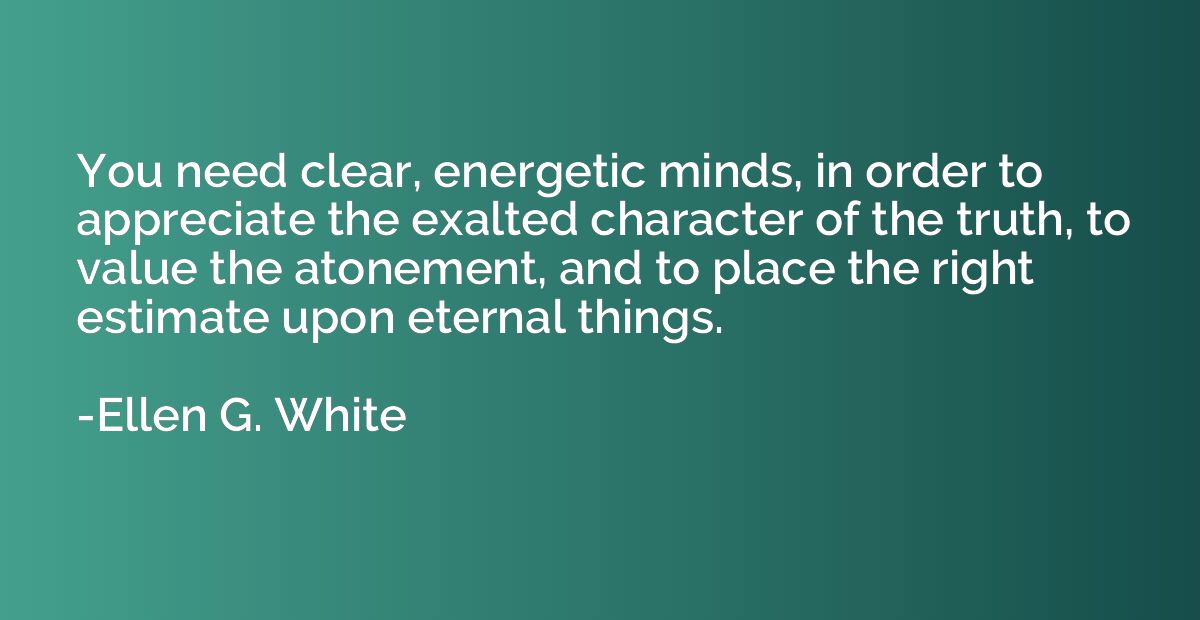Quote by Terry Pratchett
The fact was that, as droves of demon kings had noticed, there was a limit to what you could do to a soul with, e.g., red-hot tweezers, because even fairly evil and corrupt souls were bright enough to realize that since they didn't have the concomitant body and nerve endings attached to them there was no real reason, other than force of habit, why they should suffer excruciating agony. So they didn't. Demons went on doing it anyway, because numb and mindless stupidity is part of what being a demon is all about, but since no one was suffering they didn't enjoy it much either and the whole thing was pointless. Centuries and centuries of pointlessness.

Summary
This quote highlights that even evil souls have limits to what they can endure. Despite the efforts of demons to inflict pain, these souls realize that without physical bodies, experiencing agony is pointless. Although demons continue their senseless actions, the absence of suffering renders their efforts meaningless over centuries. The quote hints at the futility of evil actions that lack purpose and brings attention to the mindlessness of the demon's pursuits. Ultimately, it serves as a reflection on the inherently futile nature of inflicting pain without purpose.



